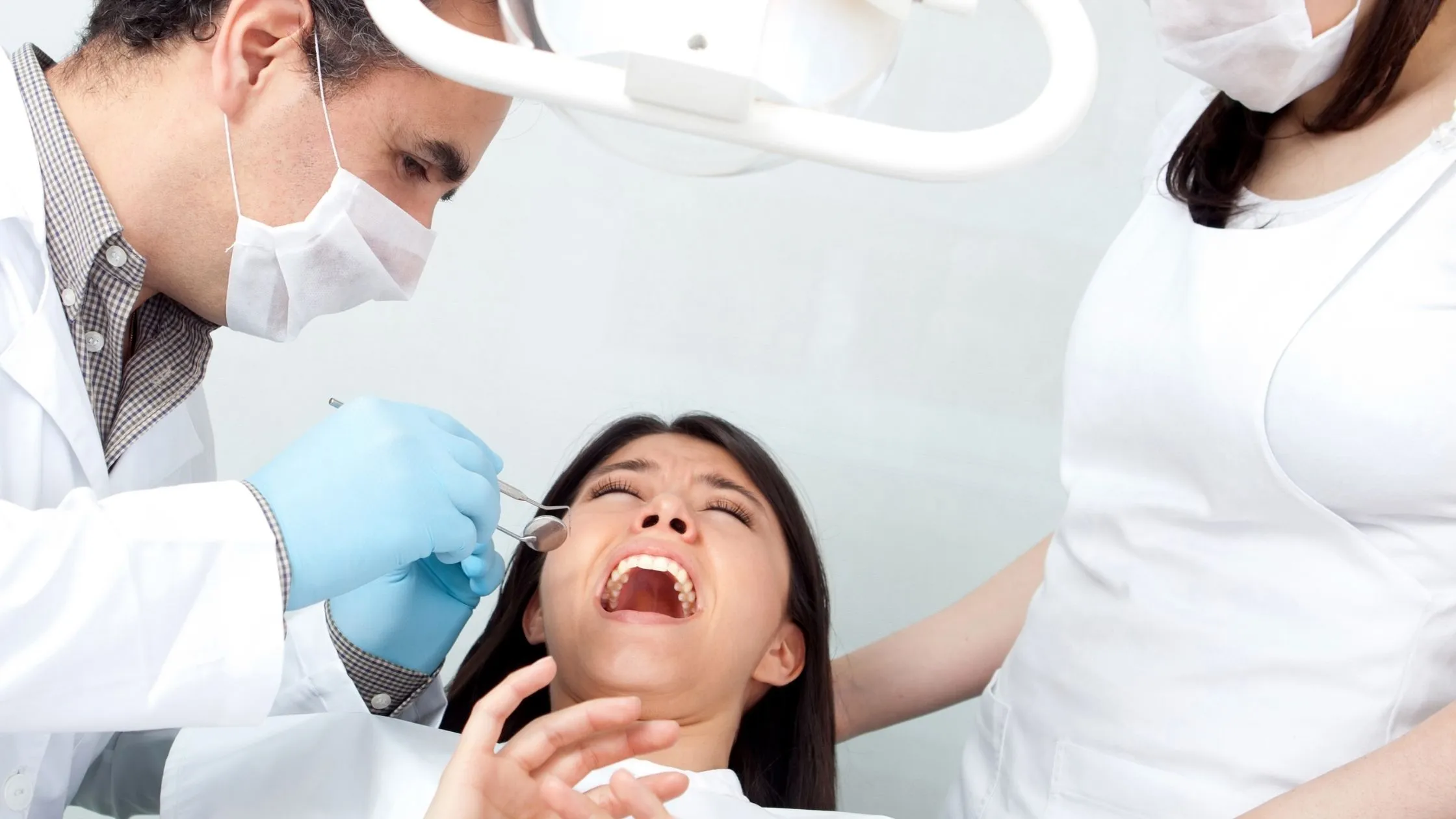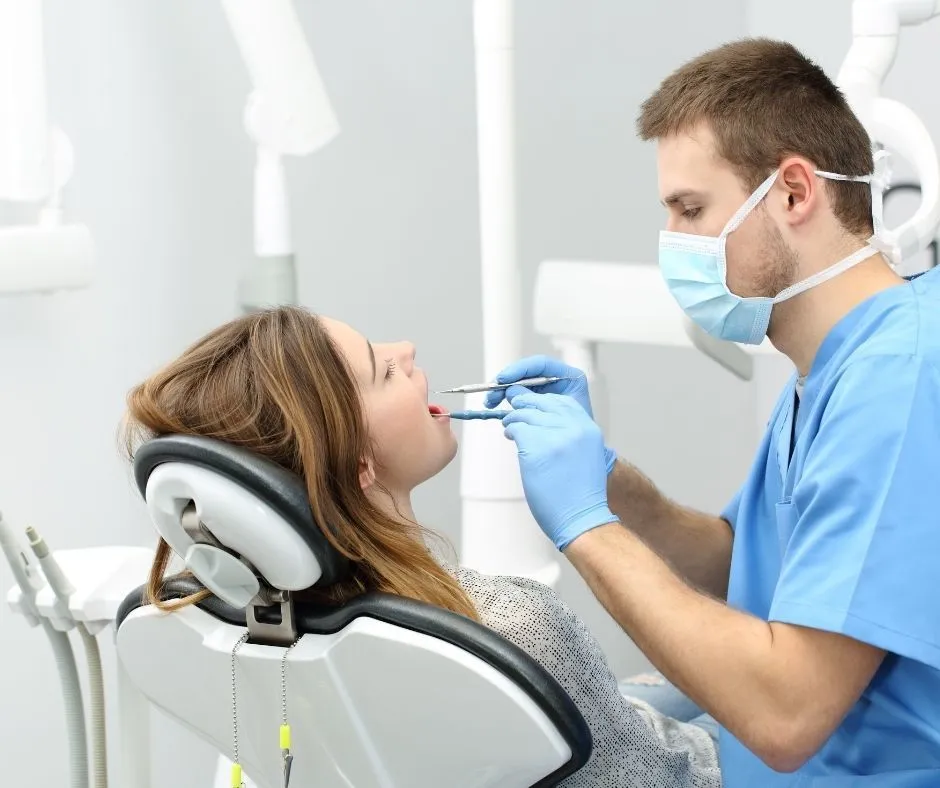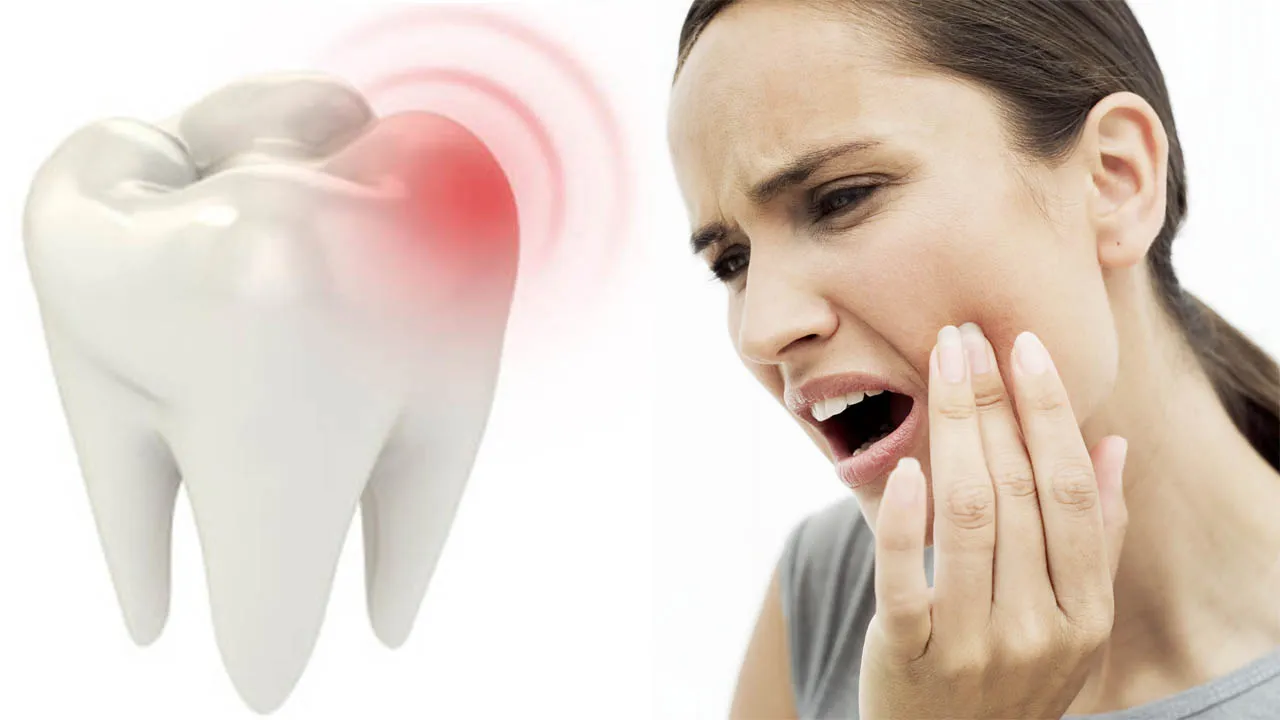
Why Should You Book an Emergency Dentist Appointment Right Away?
It can happen at the worst possible time. You might be enjoying dinner when you suddenly feel a sharp pain in your tooth. Perhaps a filling breaks while you are eating, or your child accidentally knocks out a tooth while playing. Sometimes, it’s late at night, and you wake up with unbearable pain that makes it impossible to sleep. These unexpected situations can cause panic and confusion about what to do next.
Dental emergencies are unpredictable and can happen anytime. Many people make the mistake of waiting, hoping that the pain or swelling will go away on its own. Unfortunately, dental problems rarely improve without treatment. In fact, delaying care can turn a manageable issue into a serious medical condition. Acting quickly is often the difference between saving and losing a tooth. This article explains why urgent dental care matters, what qualifies as a dental emergency, and how to handle different situations before reaching your dentist. You’ll also learn what to expect during an emergency dental appointment and how to prevent future emergencies through proper care and habits.
What Counts as a Dental Emergency?
Understanding Dental Emergencies
A dental emergency refers to any situation involving severe pain, bleeding, swelling, or the possibility of losing a tooth. These are not minor inconveniences but serious problems that need professional attention as soon as possible. The sooner you get help, the higher the chances of avoiding long-term damage.
Common Types of Dental Emergencies
One of the most common emergencies is a severe toothache. Persistent or throbbing pain often indicates infection or inflammation in the tooth’s nerve. This problem does not resolve naturally and usually requires urgent treatment, such as a filling, root canal, or extraction.
Another major emergency is a knocked-out or cracked tooth. When a tooth is completely dislodged, it must be treated immediately. If you reach the dentist within an hour, there’s a good chance it can be reimplanted successfully.
Broken fillings, crowns, or bridges can also lead to emergencies. When a restoration breaks, the sensitive inner layers of the tooth become exposed, causing intense discomfort and making the tooth vulnerable to infection. Swelling in the face or jaw is another warning sign. It often suggests an underlying infection or abscess that can spread to other parts of the body if ignored. Additionally, uncontrolled bleeding after an accident or injury requires immediate professional care.
When It Can Wait
Not every dental problem is an emergency. Minor issues like mild tooth sensitivity or a small chip without pain can typically wait for a scheduled appointment. However, if there is pain, swelling, or bleeding, it’s essential to treat it as an emergency. Acting early prevents complications and ensures faster recovery.
Why You Shouldn’t Wait to See a Dentist
Pain Relief and Comfort
Dental pain can be intense, affecting your ability to eat, sleep, or focus. When a tooth hurts, it’s your body’s way of signaling that something is wrong. Waiting in hopes that the pain will fade only allows the problem to worsen. Temporary remedies like painkillers may help briefly, but they don’t fix the underlying issue. Seeking immediate dental care ensures that the cause of pain is diagnosed and treated properly. Whether it’s an infection, fracture, or nerve inflammation, early intervention provides real relief and prevents further discomfort.
Preventing the Spread of Infection
Infections in the mouth can escalate quickly. When bacteria invade a tooth through decay or cracks, they can reach the pulp and cause an abscess. This painful condition creates a pocket of pus that, if untreated, can spread to the jaw, neck, or even enter the bloodstream. Such infections are dangerous and can lead to life-threatening complications. Prompt dental treatment helps stop the spread of infection. A dentist can drain an abscess, prescribe antibiotics, and remove the source of infection before it reaches other areas of the body.
Saving Natural Teeth
Your natural teeth are valuable and irreplaceable. Quick action during an emergency can often save them. For example, if a tooth is knocked out, it can sometimes be reimplanted within 30 to 60 minutes if kept moist and handled correctly. Similarly, cracks and deep decay can be treated early before they lead to extraction. The faster you act, the better your chances of preserving your natural teeth. Once a tooth is lost, replacement options like implants or bridges are far more costly and time-consuming.
Avoiding Expensive Future Treatments
Delaying treatment often turns small issues into big problems. A minor cavity can deepen, requiring a root canal or crown later. A cracked filling can lead to infection or fracture, eventually needing extraction. Emergency dental visits might seem stressful, but they often save you from larger expenses down the line. Fixing problems early keeps your mouth healthy and prevents the need for complex restorative procedures.
Protecting Your Overall Health
Oral health has a direct connection to your overall well-being. Bacteria from infected teeth and gums can enter the bloodstream, contributing to inflammation and increasing the risk of heart disease, respiratory infections, and diabetes complications. Treating dental issues promptly helps protect your immune system, heart, and lungs. Keeping your mouth healthy is not just about your smile—it’s a crucial part of maintaining your overall health.
What to Do Before You Reach the Dentist

Handling a Knocked-Out Tooth
If a tooth is knocked out, act immediately. Hold it only by the crown, not the root, to avoid damaging delicate tissue. If it’s dirty, rinse it gently with clean water. Do not scrub or remove any attached fragments. If possible, place the tooth back into its socket. If that isn’t feasible, keep it in milk or saliva to preserve it until you reach the dentist.
Managing Severe Tooth Pain
When dealing with intense tooth pain, rinse your mouth with warm salt water to cleanse the area and reduce bacteria. Apply a cold compress to the outside of your face to reduce swelling and numb the pain. Avoid placing aspirin or other medications directly on the gums, as this can cause burns and irritation.
Caring for a Broken Filling or Crown
A broken filling or crown can leave sharp edges that irritate your tongue or cheeks. To protect your mouth, cover the exposed area with dental wax or sugar-free gum until you can see a dentist. Avoid chewing on that side of your mouth to prevent further damage.
Controlling Bleeding
If you experience bleeding due to trauma, apply gentle pressure with a clean gauze or cloth. Keep your head slightly elevated and avoid rinsing vigorously. If the bleeding does not stop within a few minutes, seek emergency dental or medical care immediately.
Remember Temporary Measures
These at-home steps are only meant to protect you temporarily. They do not replace professional care. Always contact your dentist or an emergency dental clinic right away to ensure proper treatment.
What to Expect at an Emergency Dental Appointment
Initial Examination and Diagnosis
When you arrive at an emergency dental clinic, the dentist will begin by asking about your symptoms and medical history. X-rays are often taken to identify the root cause of the issue, such as hidden fractures, infections, or deep decay. The goal is to quickly determine the problem and plan immediate treatment.
Pain Relief and Immediate Care
The first priority in any emergency visit is relieving pain. Depending on the situation, the dentist may provide local anesthesia, prescribe medication, or perform quick procedures such as draining an abscess, repairing a broken tooth, or reattaching a dislodged tooth. This immediate intervention stabilizes your condition and prevents further damage.
Follow-Up and Long-Term Solutions
Once the emergency is under control, your dentist will discuss long-term treatment options. You may need a follow-up visit for permanent restoration, such as a filling, crown, or root canal. If a tooth cannot be saved, the dentist will recommend suitable replacement options like an implant or bridge.
Emergency dental visits are typically efficient and focused on comfort. Modern tools and techniques allow dentists to handle most cases quickly and with minimal discomfort.
How to Prevent Future Dental Emergencies

Routine Dental Checkups
The most effective way to prevent emergencies is through regular dental checkups. Visiting your dentist every six months helps detect small problems early before they turn into major issues. Cavities, gum disease, and cracks can be identified and treated promptly during routine visits.
Protecting Your Teeth During Sports
If you participate in sports or physical activities, wearing a mouthguard is essential. It protects your teeth from injury caused by collisions or falls. Even recreational sports can result in chipped or broken teeth without proper protection.
Preventing Damage from Teeth Grinding
Many people grind their teeth at night without realizing it. Over time, this can wear down enamel, cause cracks, and lead to jaw pain. A custom-made night guard can protect your teeth from damage and relieve pressure on your jaw joints.
Avoiding Harmful Habits
Using your teeth to open bottles, tear packaging, or bite hard objects can lead to chips and cracks. Similarly, chewing on ice or hard candies can break fillings and damage enamel. Avoiding these habits significantly reduces your risk of dental emergencies.
Maintaining Strong Oral Hygiene
Good oral hygiene is your best defense against decay and gum disease. Brush your teeth twice a day with fluoride toothpaste, floss daily to remove plaque between teeth, and use mouthwash to kill bacteria. A balanced diet rich in calcium and vitamins also strengthens teeth and gums.
When It’s Not a True Emergency (But Still Needs Care)
Minor Issues That Can Wait Briefly
Some dental issues are not life-threatening and can wait for a scheduled appointment, though they should not be ignored. These include small chips, mild tooth sensitivity, or a loose crown without pain. While these problems may seem harmless, they can worsen over time if left untreated.
Why Early Care Still Matters
Even non-emergency issues can lead to bigger complications. A small chip can make a tooth more vulnerable to decay, and sensitivity might indicate gum recession or enamel erosion. Taking care of these issues early prevents them from turning into painful or costly emergencies later. Scheduling a timely dental visit ensures your teeth remain strong and healthy.
Conclusion
Dental emergencies are stressful, but quick action can save your teeth, prevent infections, and protect your overall health. Whether you are dealing with sudden pain, a broken filling, or a knocked-out tooth, don’t wait for the problem to worsen. The sooner you get professional care, the better your outcome will be.
Immediate treatment not only relieves pain but also reduces the need for expensive and complicated procedures later. It keeps your smile healthy, preserves your natural teeth, and prevents the spread of infection. If you ever experience pain, bleeding, or swelling in your mouth, contact your emergency dentist right away. Quick and professional care ensures that small issues do not become serious health threats.

